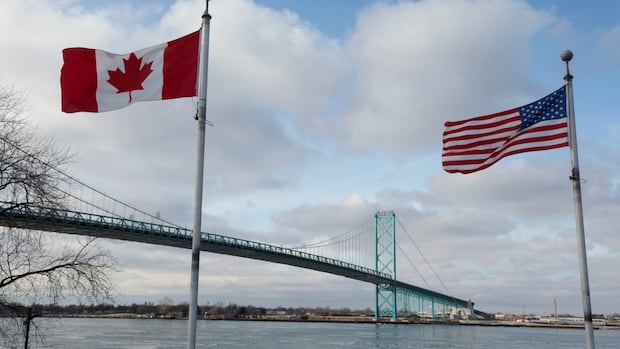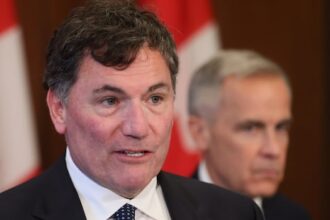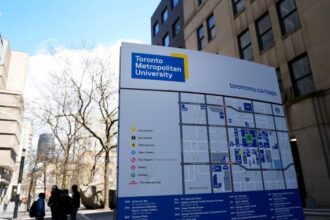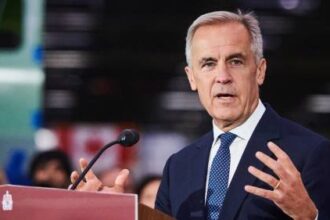In what many business leaders are calling a “dangerous economic game of chicken,” negotiations between Ontario and Michigan on a critical cross-border trade agreement have stalled, threatening billions in commerce and thousands of jobs on both sides of the border. The breakdown comes at a particularly sensitive moment as North American supply chains already face unprecedented pressures from global disruptions.
“We’re witnessing a troubling impasse that could have cascading effects throughout integrated manufacturing networks,” said Elaine Thompson, chief economist at the Canadian Chamber of Commerce. “The Detroit-Windsor corridor alone facilitates over $400 million in daily trade—this isn’t just a regional issue, it’s a continental economic concern.”
The proposed agreement, which would have streamlined customs procedures and harmonized regulatory standards for key manufacturing sectors, has been under negotiation for 18 months. Sources close to the talks indicate that disagreements over environmental compliance requirements and labor mobility provisions have become significant sticking points.
Ontario Premier Doug Ford expressed frustration during yesterday’s press conference in Toronto, stating that Michigan negotiators had “moved the goalposts” in recent weeks. “We’ve made substantial concessions to get this deal done, but we can’t accept terms that would put Ontario manufacturers at a competitive disadvantage,” Ford said.
Michigan Governor Gretchen Whitmer responded with measured concern. “We remain committed to finding common ground with our Canadian partners, but any agreement must protect Michigan workers and environmental standards,” she noted in a written statement released late Tuesday.
The economic stakes could hardly be higher. The automotive sector, which accounts for nearly 30% of bilateral trade between the jurisdictions, faces particular vulnerability. Industry analysis suggests that even a two-month delay in implementing the new trade framework could cost manufacturers upwards of $2.1 billion in additional compliance costs and logistics inefficiencies.
“The integrated nature of our automotive supply chains means components may cross the border five or six times before a vehicle is completed,” explained Michael Robinet, executive director at S&P Global Mobility. “Every delay, every additional paperwork requirement, adds costs that ultimately impact competitiveness against European and Asian rivals.”
Small and medium enterprises appear most vulnerable to continued uncertainty. A survey conducted by the Ontario Chamber of Commerce found that 68% of smaller firms lack the financial resources to absorb extended disruptions in cross-border commerce.
Labor groups have taken more nuanced positions. “We support robust environmental and worker protections, but not at the expense of jobs,” said Jerry Dias, former president of Unifor. “There’s room for compromise that maintains high standards while keeping the economic engine running.”
The delay comes amid broader concerns about North American economic integration. Policy analysts note that the stalled provincial-state negotiations reflect growing challenges in maintaining the deeply interconnected continental economy in an era of increasing economic nationalism.
Political observers suggest the current impasse may also reflect domestic political considerations on both sides of the border, with upcoming elections in Ontario and midterms in Michigan potentially complicating the negotiators’ calculus.
As government officials prepare for another round of talks scheduled for next week in Detroit, business leaders are sounding increasingly urgent alarms. “We need leadership, not brinksmanship,” said Goldy Hyder, President of the Business Council of Canada. “Every day without resolution means missed opportunities for growth and prosperity in communities throughout the Great Lakes region.”
The question now facing leaders on both sides of this crucial economic corridor: Can regional politics be set aside to preserve one of North America’s most productive trading relationships, or will short-term political considerations further endanger an already fragile economic recovery?










